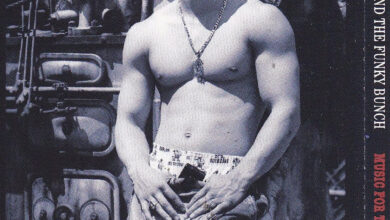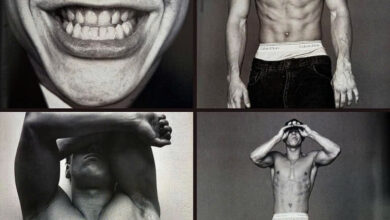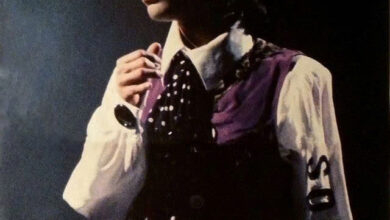The Early Years: How Prince’s Childhood Shaped His Musical Journey
OPINION: This article may contain commentary which reflects the author's opinion.
When we think of Prince, we often imagine the icon in his prime—draped in purple, electrifying stages with his magnetic presence and bending genres with ease. But before he became the “Purple One,” his childhood experiences laid the foundation for his unique and transformative musical journey.
A Home Immersed in Music
Born Prince Rogers Nelson on June 7, 1958, in Minneapolis, Minnesota, his introduction to music was not an accident. His father, John L. Nelson, was a jazz musician, and his mother, Mattie Shaw, a singer, filled their household with the sounds of jazz, gospel, and the blues. From a young age, Prince was surrounded by a deep appreciation for music that resonated through every corner of his home. His father, a member of the Prince Rogers Trio, heavily influenced his son’s early interest in instrumentation, particularly the piano.
Watching his father compose and perform music left an indelible mark on Prince. His father’s passion became his own, and by the age of seven, he was already composing his first songs. These early years fostered a sense of independence in Prince, a self-taught musician who quickly mastered the piano, guitar, and drums. He absorbed the eclectic sounds around him, and this blend of musical genres would later define his career.
The Influence of Minneapolis and Racial Identity
Growing up in Minneapolis, a city not traditionally seen as a hub of Black music, also shaped Prince’s approach to his art. The city’s unique position outside mainstream music hubs like New York and Los Angeles allowed Prince to develop a sound that wasn’t restricted by the expectations of any one genre. In a predominantly white city, Prince grappled with his own identity as a Black artist, and this tension fueled his determination to break barriers. His mixed-race background—being African American, French, and Italian—added another layer of complexity, influencing both his musical and personal identity.
His experience with racial tension in Minneapolis inspired his defiance of societal norms, pushing him to develop a persona that couldn’t be easily categorized. This spirit of rebellion would later become a key theme in his career, both musically and sartorially.
Broken Homes, Unbreakable Spirit
However, Prince’s childhood wasn’t without hardship. His parents’ tumultuous relationship eventually ended in divorce when he was just ten years old. This split left a profound impact on the young Prince, who found solace in music. Bouncing between his mother’s home and living with his father, Prince faced a fractured family life, and music became his refuge. His father’s piano was often the only constant in this unstable period, and it became the outlet through which he expressed his emotions.
This period of uncertainty and emotional complexity gave Prince a raw vulnerability that would later manifest in his music. His lyrics often carried themes of love, pain, and yearning for connection, reflecting the emotional turmoil he experienced in his formative years.
Self-Reliance and the Quest for Perfection
As a teenager, Prince became a musical prodigy, dedicated to perfecting his craft. He famously took a DIY approach, often recording music alone and playing every instrument himself—a skill that made him a rarity in the industry. His obsession with perfection and control over his music was a direct response to the instability of his youth. In a world where he couldn’t control his family’s dynamics, music was the one area where he had full autonomy.
His first band, Grand Central, formed during his high school years, was where he honed his performance skills and discovered the power of collaboration. However, even as a young artist, Prince’s talent and vision often pushed him to go solo, leading to the release of his debut album For You at just 20 years old.
The Road to Royalty
Prince’s childhood journey is one of contradictions—his love for music flourished in a home filled with talent but was also marred by emotional pain and instability. His early exposure to jazz, his experiences in Minneapolis, and his family’s brokenness all forged the artist who would go on to redefine pop music in the 1980s. It was in these early years that Prince developed his fearless approach to creativity and his refusal to be boxed in by musical or societal conventions.
From his humble beginnings, Prince emerged not only as a musical genius but as an artist who used his past to fuel his future. His ability to blend vulnerability with virtuosity, pain with passion, is a testament to the resilience that shaped his legendary career. As Prince once said, “The music is my everything,” and for those who know his story, it’s clear that it always was—even from the very beginning.



